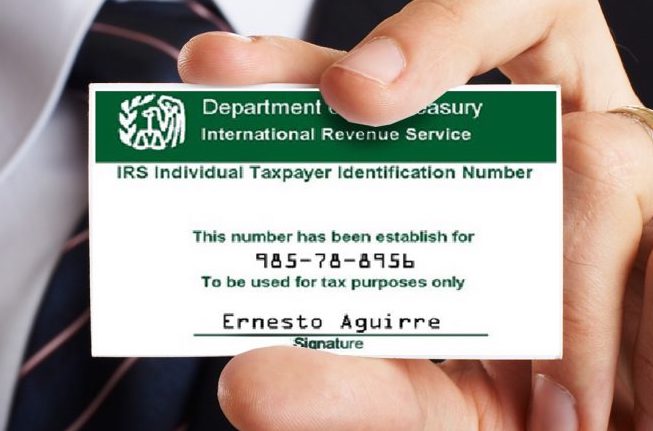As a non-US citizen earning income in the United States, you may have US tax filing obligations that seem complex to navigate. However, being proactive about your US taxes can lead to maximizing your tax refund and avoiding unnecessary penalties. This article outlines key strategies and resources to optimize your tax situation.
Determining Your US Tax Residency Status
The first step is understanding if the IRS classifies you as a US tax resident or nonresident alien. Your residency status dictates which forms you complete, what income gets reported, and which deductions you qualify for.
In general, if you have a green card or meet the substantial presence test (physically present in the US for at least 31 days in the current year and 183 total days over a 3-year period), you are considered a US tax resident.
Use the IRS Presence Test Calculator to confirm. The calculator shows if you are exempt under the closer connection exception or if treaty provisions override.
If you do not meet these requirements, you are likely classified as a nonresident alien. Check Publication 519 for specifics.
Filing the Proper Tax Forms
Once you confirm your status, you can identify which IRS tax forms you need to file.
Tax Residents
If you are a US tax resident, you generally report income and claim deductions similarly to a US citizen. Key forms include:
- Form 1040: The main federal income tax return
- Schedule A: For itemizing deductions
- Form 2441: For child care expenses
Nonresident Aliens
Nonresident aliens also have US tax filing requirements on worldwide income. Relevant forms include:
- Form 1040-NR: The main tax return for nonresident aliens
- Form 8843: For nonresidents with no US tax liability, to report presence and exempt days
- Form W-8BEN: To claim tax treaty benefits
See Tax Forms for Foreigners for additional guidance.
Income Reporting Requirements
Understanding what income to report is critical to maximize your eligible deductions and avoid penalties for underreported income.
In general, as a US tax resident, you must report worldwide income including:
- Wages, salaries, tips
- Interest/dividends
- Business/self-employment income
- Sale of property
Nonresidents also report but may qualify for exemptions on:
- US-based income
- Income effectively connected with a US trade or business
- Certain scholarship/fellowship grants
Note income sourced from your home country may still be taxable unless exempt under treaty provisions. Use Form 8833 for treaty-based return positions.
Utilizing Deductions and Tax Credits
Another key strategy is leveraging available deductions and credits to reduce tax liability.
As a tax resident, common deductions include:
- Mortgage interest/property taxes
- State/local income taxes
- Charitable contributions
- Unreimbursed employee expenses
- Student loan interest
Nonresidents can deduct certain expenses related to effectively connected income.
Tax residents/nonresidents may also claim credits like:
- Child Tax Credit
- Child Care Credit
- Education Credits
Use IRS Publication 901 to identify credits/deductions you qualify for.
Seeking Guidance from a Tax Professional
Navigating US tax requirements can be challenging for noncitizens. Consider consulting a certified tax specialist who understands the unique rules, forms, treaties, and best practices for your situation.
The IRS provides various tools and resources for non-US citizens as well including:
- ITIN Assistance Centers: For help applying for an ITIN
- Publication 519: Details on resident/nonresident alien status
- The Nonresident Alien Portal: Information on tax rules/regulations
By understanding your residency status, filing all required forms, reporting worldwide income, and maximizing deductions, non-US citizens can ensure they meet US tax obligations while optimizing their potential refund. Consult a tax professional to streamline the process.
